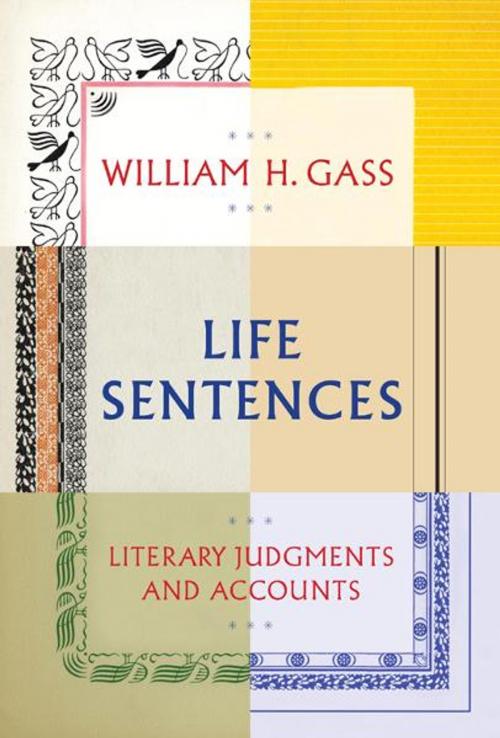Life Sentences
Literary Judgments and Accounts
Fiction & Literature, Literary Theory & Criticism, Theory, Books & Reading, Essays & Letters, Essays| Author: | William H. Gass | ISBN: | 9780307957443 |
| Publisher: | Knopf Doubleday Publishing Group | Publication: | January 17, 2012 |
| Imprint: | Knopf | Language: | English |
| Author: | William H. Gass |
| ISBN: | 9780307957443 |
| Publisher: | Knopf Doubleday Publishing Group |
| Publication: | January 17, 2012 |
| Imprint: | Knopf |
| Language: | English |
A dazzling new collection of essays—on reading, writing, form, and thought—from one of America’s master writers.
It begins with the personal, both past and present. It emphasizes Gass’s lifelong attachment to books and moves on to the more analytical, as he ponders the work of some of his favorite writers (among them Kafka, Nietzsche, Henry James, Gertrude Stein, Proust). He writes about a few topics equally burning but less loved (the Nobel Prize–winner and Nazi sympathizer Knut Hamsun; the Holocaust).
Finally, Gass ponders theoretical matters connected with literature: form and metaphor, and specifically, one of its genetic parts—the sentence.
Gass embraces the avant-garde but applies a classic standard of writing to all literature, which is clear in these essays, or, as he describes them, literary judgments and accounts.
* *
Life Sentences is William Gass at his Gassian best.
A dazzling new collection of essays—on reading, writing, form, and thought—from one of America’s master writers.
It begins with the personal, both past and present. It emphasizes Gass’s lifelong attachment to books and moves on to the more analytical, as he ponders the work of some of his favorite writers (among them Kafka, Nietzsche, Henry James, Gertrude Stein, Proust). He writes about a few topics equally burning but less loved (the Nobel Prize–winner and Nazi sympathizer Knut Hamsun; the Holocaust).
Finally, Gass ponders theoretical matters connected with literature: form and metaphor, and specifically, one of its genetic parts—the sentence.
Gass embraces the avant-garde but applies a classic standard of writing to all literature, which is clear in these essays, or, as he describes them, literary judgments and accounts.
* *
Life Sentences is William Gass at his Gassian best.















